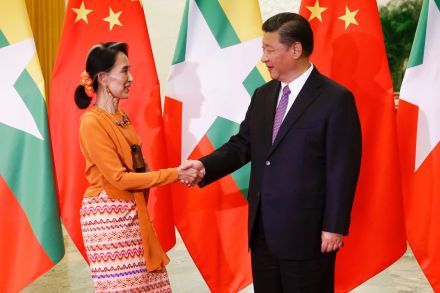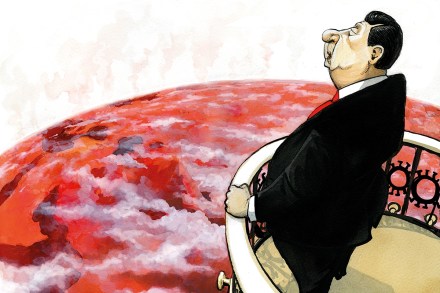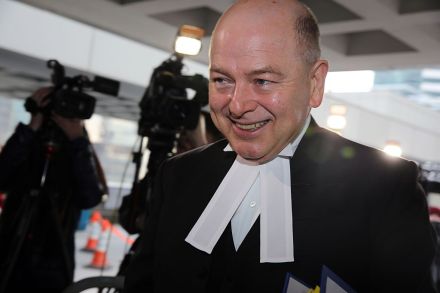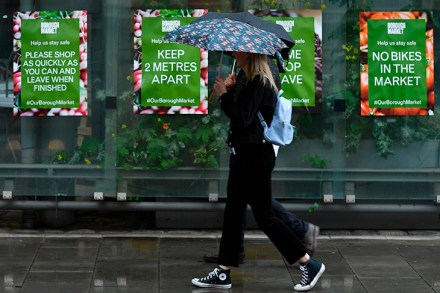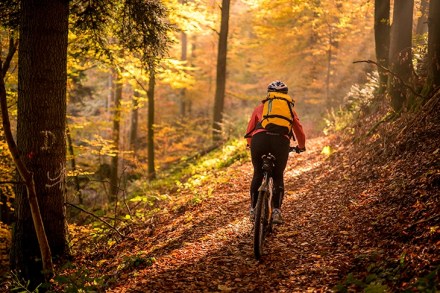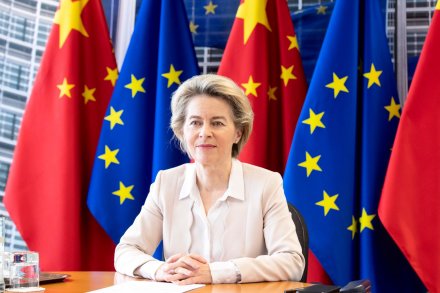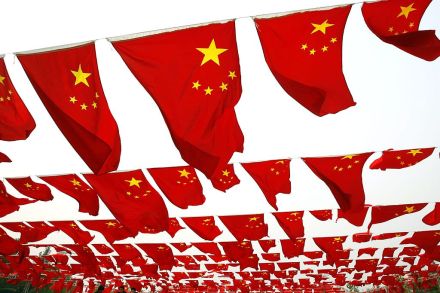Is China’s hidden hand behind the Myanmar coup?
Was China involved in the coup in Myanmar? It seems unlikely, but that does not mean Beijing is blameless. As satisfying as it might be to point the finger at an omnipotent and scheming superpower, the reality is rather more complicated. After all, for all the shenanigans associated with China’s wolf-warrior diplomacy, Beijing is not as reckless or revisionist in its ambitions as it was back in the mid-to-late-60s. Back then, amidst the chaos of the cultural revolution, Mao set about spreading his revolutionary thought abroad. Myanmar was firmly in his sights. In Southeast Asia, Beijing supplied communist guerrillas with money, weapons and training in an effort to instigate civil wars. In
